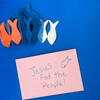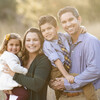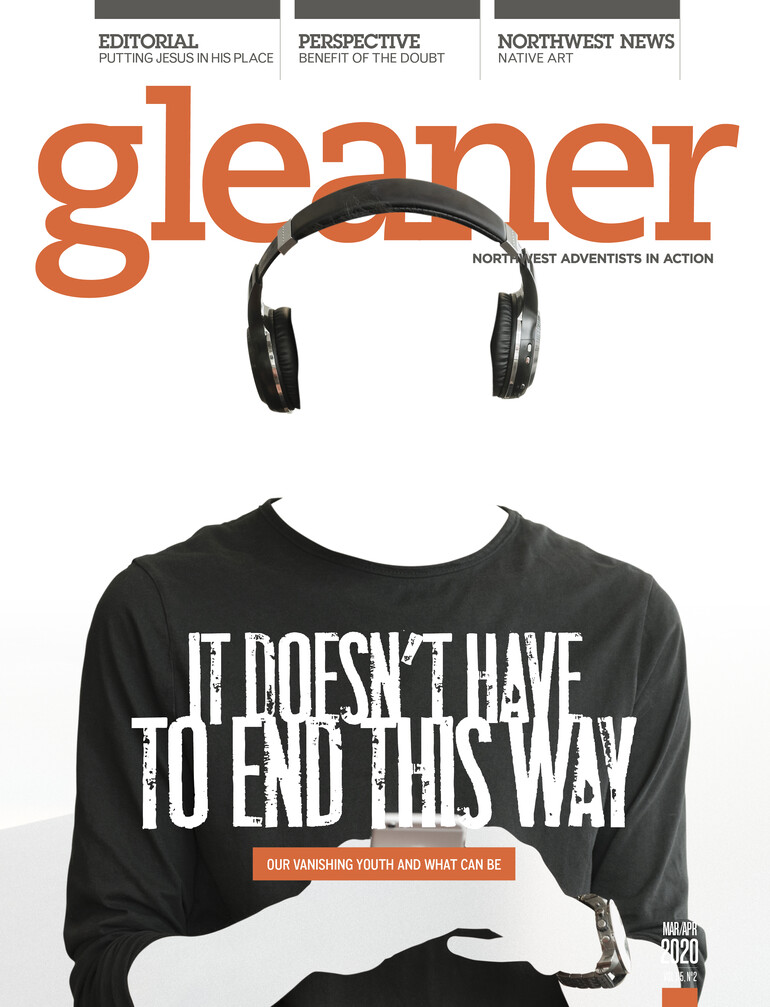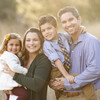“The opposite of faith is not doubt, but certainty.” — Anne Lamott
Hospitals have a way of sucking faith dry. Too many deaths. Too much pain. Too many questions why.
The Russian author Fyodor Dostoyevsky, though he was a believer, said, “The death of a single infant calls into question the existence of God.” [1]
My sister, Lisa, has witnessed the death of dozens. She has seen the heartbreak only a mother can cry. And yet, as a neonatologist she has also been a part of remarkable interventions. She has seen “dead” babies regain their breath and parents regain hope that was also dead. These are miraculous moments.
Recently I was talking to Lisa about her faith and the effect that being a doctor has had on her. She shared a story that occurred outside of the hospital — on Mount Spokane as she skied with her family and friends. It was the end of the day and they decided to go on one last run. All was normal until halfway up the mountain, the chairlift suddenly stopped.
Lisa called her husband in the lodge and found that the power had gone out on the entire mountain. The lodge informed them they were seeking to start the emergency generator. Five minutes went by ... 10 minutes, 20, 30 … Lisa and her friend wondered if they could jump to the ground. They couldn’t see their kids ahead of them, and they were very nervous.
At this point Lisa’s friend said, “Should we pray?” They agreed to pray and the moment they said “amen” the chairlift lurched to life.
Some might chalk this up as a coincidence, but the prayer was prayed with a sincere faith. Lisa expressed to me appreciation for the kind of faith exhibited in her friend’s prayer. It wasn’t about certainty; it was about sincerity. Even if that prayer wasn’t “answered,” there was a real confidence that came with trusting that God is in control.
If God is ultimately in control, don't we have the right to ask questions? Sometimes our honest questions lead to deeper faith.
Recently a pastor friend told me his son no longer identifies as Christian. His son is wrestling with the commands of total genocide in the Old Testament.[2] I think his son’s questioning is honest. We should be skeptical of any version of Christianity that defends genocide.
Author Rachel Held Evans said, “Brené Brown warns us we can't selectively numb our emotions, and no doubt that applies to the emotions we have about faith. If the slaughter of Canaanite children elicits only a shrug, then why not the slaughter of the Pequots? Of Syrians? Of Jews? If we train ourselves not to ask hard questions about the Bible, and emotionally distance ourselves from any potential conflicts or doubts, then where will we find the courage to challenge interpretations that justify injustice? How will we know when we've got it wrong? … If the Bible teaches that God is love, and love can look like genocide and violence and rape, then love can look like … anything. It's as much an invitation to moral relativism as you'll find anywhere."[3]
Speaking of the Canaanite conquest, theologian John Piper declared without hesitation, "It's right for God to slaughter women and children anytime he pleases. God gives life and he takes life. Everybody who dies, dies because God wills that they die."[4]
If that's the kind of faith God wants, count me out. As Thomas Paine said, "Belief of a cruel God makes a cruel man."
Does God want us to have faith in Him if what we believe about Him is that He is a tyrant? Sometimes unbelief is the best belief.
When Jesus interacted with people's sincere doubts, He rewarded their honesty. Mark, Chapter 9, tells the story of a father with a sick son.[5] The father was desperate and went to the disciples but they couldn’t help. Then he went to Jesus. Jesus asked if he had faith. The father replied, “Lord I believe, help my unbelief.”
Ellen White, in the book Desire of Ages, affirmed this father's faith, writing, “Cast yourself at his feet with the cry, ‘Lord I believe; help Thou my unbelief.’ You can never perish while you pray this prayer, never.”[6]
In other words: "I want to have faith, but I have some doubts. Help me!" If you can never perish while you pray this prayer, that means honest faith is the only requirement for salvation. Period.
Lord, I come. I trust. Help me.
I believe God cares about mothers' prayers on chairlifts, in hospitals and every place in between. At the same time I understand why people doubt. I think God understands too.
Lord, we believe. Help our unbelief.
1. As quoted in John Ortberg’s book Know Doubt: Embracing Uncertainty in Your Faith, p. 19.
4. John Piper. Feb. 27, 2010, https://www.desiringgod.org/interviews/what-made-it-okay-for-god-to-kill-women-and-children-in-the-old-testament











